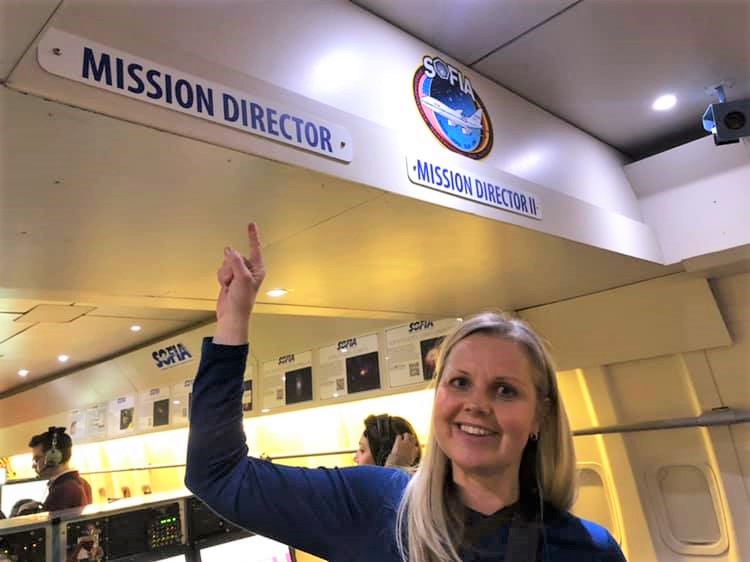SGWN Profile: Victoria Metcalf
Science, Strategy, and Support
A chat with Victoria Metcalf – National Coordinator, Participatory Science in the Office of the Prime Minister's Chief Science Advisor/Kaitohutohu Mātanga Pūtaiao Matua ki te Pirimia
Dr Victoria Metcalf’s research science and academic background has led her current role managing the ‘A Nation of Curious Minds’ Participatory Science Platform (PSP). Reporting to Dr Juliet Gerrard, the Prime Minister’s Chief Science Advisor, Christchurch-based Metcalf has been responsible for developing and implementing this national platform for community-based science and tech projects over the past four years. The PSP is a key initiative under the ‘A Nation of Curious Minds – He Whenua Hihiri i te Mahara’ Strategic Plan, or Curious Minds suite of activities (funded by MBIE, jointly governed by OPMCSA, MBIE and Ministry of Education).
Dr Metcalf assists in developing project delivery processes and implementation materials, provides quality assurance on funding applications, oversees regional activities, manages media enquiries, and helps produce communications. Her role also includes visiting projects in action to better understand the impacts of what is funded, to enable strategic thinking of what is done next. These community science projects are a form of citizen science co-created by the community and often led by the community. Another rewarding part of Victoria’s role includes being the Country Coordinator for GLOBE – NASA’s international science outreach programme – and working with GLOBE International and the other Asia-Pacific GLOBE country coordinators.
PSP has funded 120 community science projects since its launch four years ago. “I'm super proud that some of our projects are self-sustaining and that a number have won awards for their mahi, or had rangitahi presenting at international conferences” says Victoria. “I'm also very proud that we've established a model of effective community engagement for New Zealand and beyond”.
Ongoing professional development is important for Victoria, particularly to expand leadership and management skills. She has undertaken programmes through New Zealand Institute of Management (now People Leaders Executive Education), University of Canterbury, and Vargo & Lewis. She explains her motivation in ongoing leadership and management training: “I've engaged in quite a bit of leadership training and professional development, not only because I want to better myself but because I believe effective leadership is important in the science sector.”
Her approach of combining networking with technical and academic experience and a high standard of leadership skill has led to Victoria sharing her knowledge with others. “I spent a number of years as an academic in genetics and biochemistry, and really enjoyed interacting with young people. Through my research career, I've been engaged in science communication – whether it's talks to schools or community groups, TV or radio work, or social media outputs and websites about science” she explains.
“Rangitahi are our future and yet so often we haven't necessarily provided the educational opportunities that might best facilitate growth and a healthy future for us all”, Victoria says. “I'm committed to allowing rangitahi to develop their potential and maintain their curiosity – the latter is essential to a healthy society. Science is a key way in which to do this – it fosters curiosity, teaches essential skills in critical thinking, design and synthesis that I believe all humans need.”
In her spare time Victoria enjoys being a single parent to a busy nine year old daughter, fostering her curiosity in the world around her, as well as exploring the outdoors on bike and foot and armed with a camera. “Wellbeing is so important, so the opportunity to get out in nature – go for walks, swim, ski, and do yoga and mindfulness, is so important, along with spending time with my friends”.
Victoria also feels passionately about providing informal and formal mentoring for women, and the provision of supportive workplaces for working parents. “I still think we need to see more women supporting other women to rise through the ranks. The system will not change on its own.”
